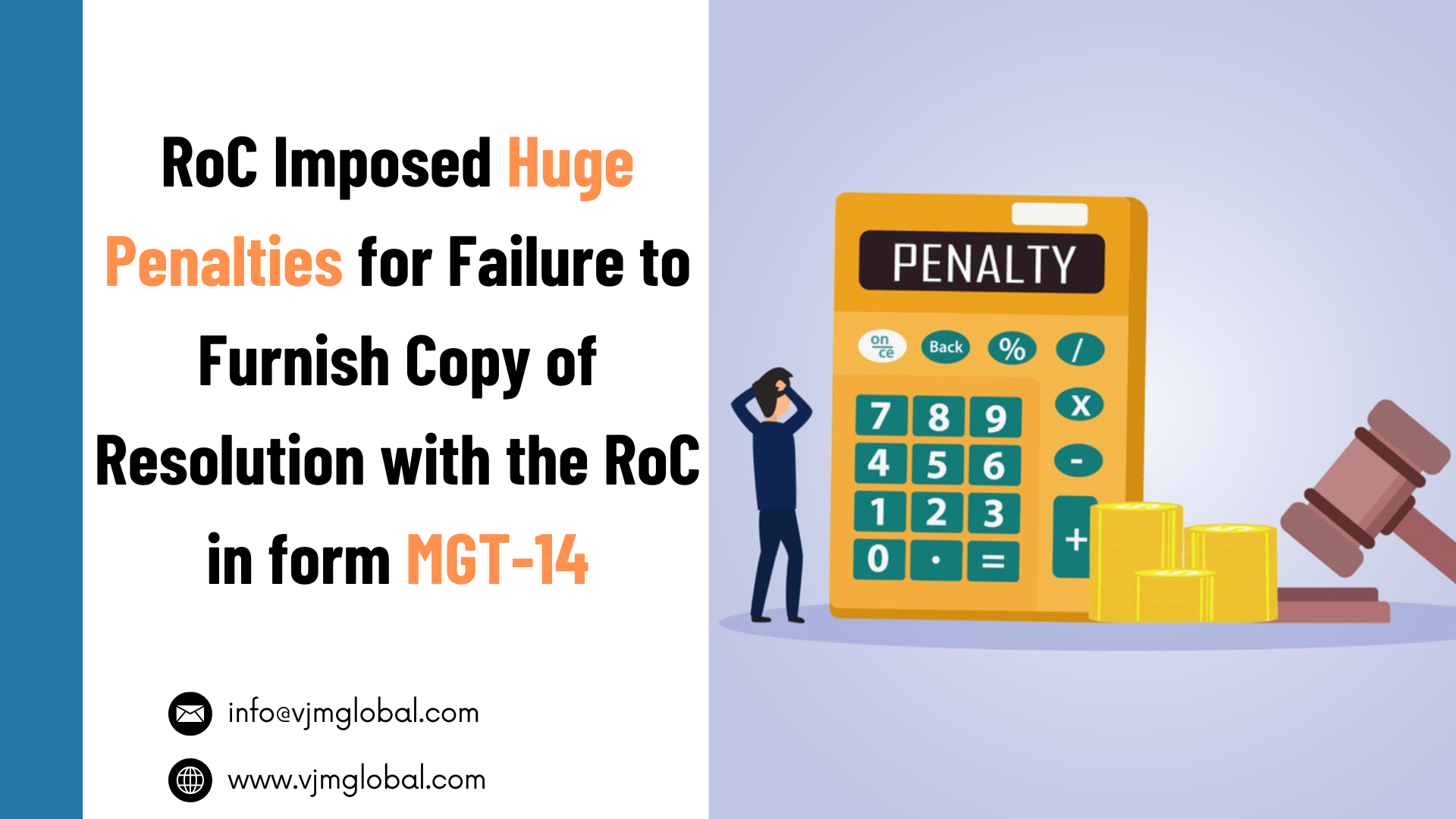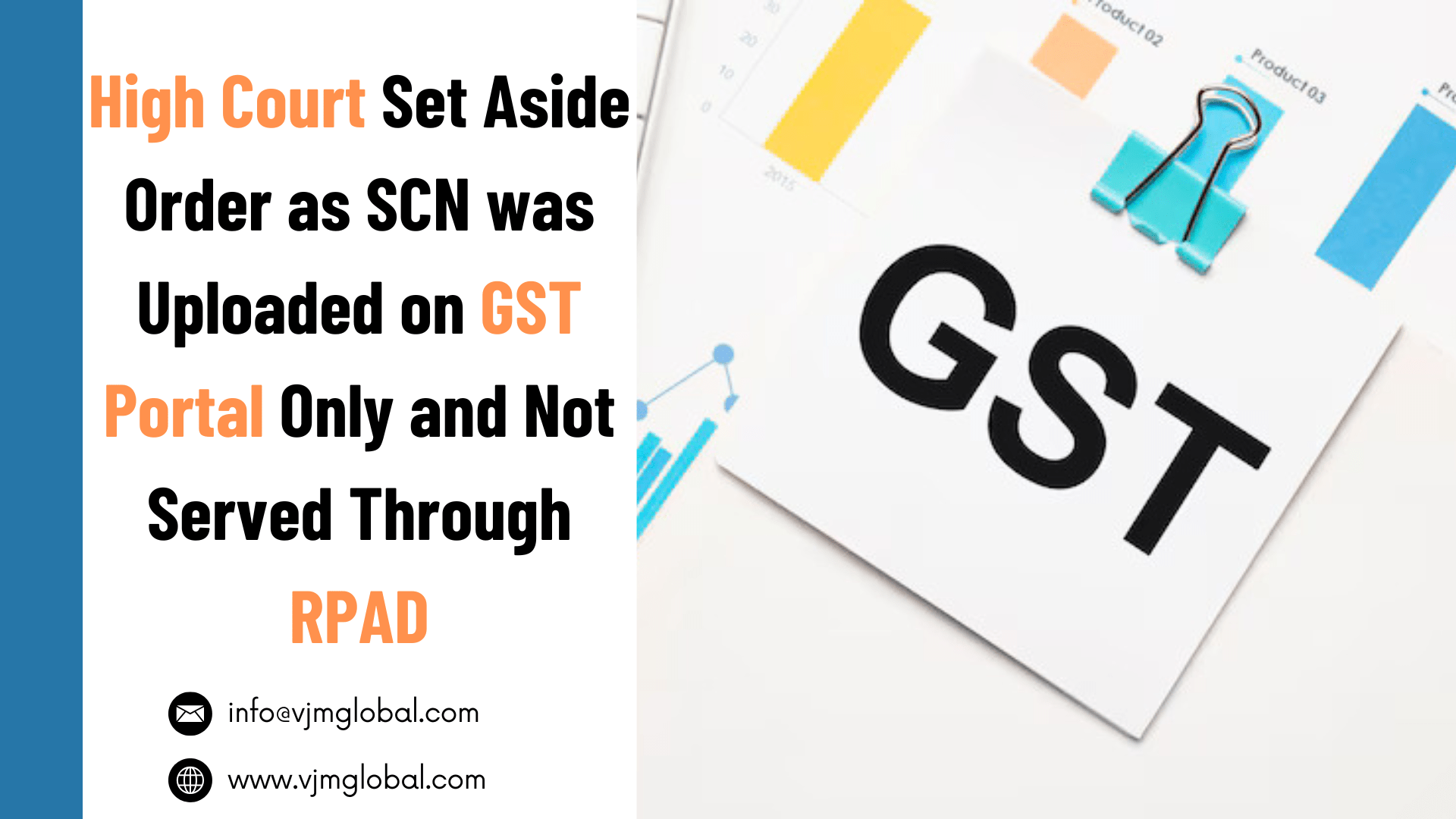Duty Credit Scrips (DCS) is one of the export promotional benefit provided by the Government of India to the Indian exporters. The DCS benefit to exporters facilitates exports and fosters foreign exchange inflows into India.
The Foreign Trade Policy 2015-2020 prescribes the features and detailed provisions governing Duty Credit Scrips (DCS). The Ministry of Commerce and Industry of the Government of India along with the Director-General of Foreign Trade (‘DGFT’) implement and administer the scheme. The objective of duty credit scrips (DCS) is to promote exports by way of providing a tax incentive on exports to be set off against import taxes.
The Director-General of Foreign Trade (‘DGFT’) issues Duty Credit Scrips (DCS) to eligible exports upon filing an application in the prescribed format and procedure.
Duty Credit Scrips (DCS) is a recognized physical authorization that permits the holder to import goods without payment of taxes, up to to the face value of the Duty Credit Scrips (DCS).
With the help of DCS, exporters having imports of capital goods could optimise tax cash outflows and avoid working capital blockages at the time of imports.
1. How to apply for Duty Credit Scrips (DCS)
Exporters eligible for incentives under the Merchandise Exports from India Scheme (MEIS) and the Service Exports from India Scheme (SEIS) may apply for Duty Credit Scrip (‘DCS’).
See the following link for the Procedure for application of Duty Credit Scrip (‘DCS’)
2. How to determine the value of Duty Credit Scrip (‘DCS’)?
DCS derives its value from the percentages defined under the relevant scheme of the Foreign Trade Policy. The value of DCS varies from each product, scheme and country of export.
Typically, the value of DCS ranges from 2% to 5% of the export value determined on Free on Board (‘FOB’) basis. In order to issue Duty Credit Scrip (‘DCS’), the FOB value of the goods should be realized in free foreign exchange within the prescribed timelines.
3. How does the DCS help in reducing taxes at the time of imports?
Take a situation where an exporter having a Duty Credit Scrip (‘DCS’) of INR 1,50,000 is importing goods for manufacture/ rendering services. The value of goods is INR 25,00,000 and the customs duty on the imported goods amounts to INR 2,50,000.
In this situation, the exporter would be able to utilise the Duty Credit Scrip (‘DCS’) towards the outstanding customs duty payable to the extent of INR 2,50,000 and remit the balance INR 1,00,000 in cash.
4. What are the import taxes against which Duty Credit Scrip (‘DCS’) can be utilised?
Duty Credit Scrip (‘DCS’) can be utilized by the holders for payment of their outstanding tax liabilities or alternatively transferred to others.
The DCS holders can utilize DCS for payment of outstanding liabilities for the following import taxes:
- Basic Customs Duty
- Additional Customs Duty under Sections 3(1), 3(3) and 3(5) of Customs Tariff Act
- Safeguard Duty
- Transitional Specific Safeguard Duty
- Anti-Dumping Duty
It is pertinent to note that DCS cannot be used for payment of the following taxes:
- Goods and Services Tax (‘GST’)
- Compensation cess
- Education cess
5. How long are the Duty Credit Scrip (‘DCS’) valid?
The Duty Credit Scrip (‘DCS’) is valid for a period of 24 months from the date of issue. Hence, it is important for the exporters holding DCS to evaluate the future utilisation requirements of DCS.
If the exporters do not foresee a need to utilise DCS in future, they may transfer the DCS. A DCS holder can transfer DCS to any person who would be able to utilise the same against his own outstanding import taxes.
In certain circumstances, the DGFT has the authority to revalidate the Duty Credit Scrip (‘DCS’) based on a specific request of the holder
6. Is the Duty Credit Scrip (‘DCS’) transferable?
Yes. The Duty Credit Scrip (‘DCS’) is freely transferable. A DCS holder can utilise a DCS to set off his import tax liabilities.
DCS is not an off the shelf product available for sale. There is no organised market present in India for the purchase and sale of Duty Credit Scrips (‘DCS’). The Duty Credit Scrip (‘DCS’) generally sell at a discount as the market buyers are distributed.
Nevertheless, the Duty Credit Scrip (‘DCS’) is helpful for both the buyer and the seller.
7. Applicability of GST on sale of Duty Credit Scrips (‘DCS’)
DCS is classified as a good under the provisions of the Goods and Services Tax (‘GST’) law. In the absence of any specific exemption, the sale of DCS earlier attracted GST.
This defeated the very benefit of holding and transferring a DCS. Several stakeholders brought this to notice of the Central Board of Indirect taxes and Customs (‘CBIC’) for a resolution.
Vide Notification No. 35/2017-Central Tax (Rate) dated 13 October 2017, the CBIC exempted the sale of DCS from the purview of GST. Hence, sale of Duty Credit Scrips under GST is an exempt transaction.
Read more about IEC Importer Exporter Code
Read more about Export Incentives in India













